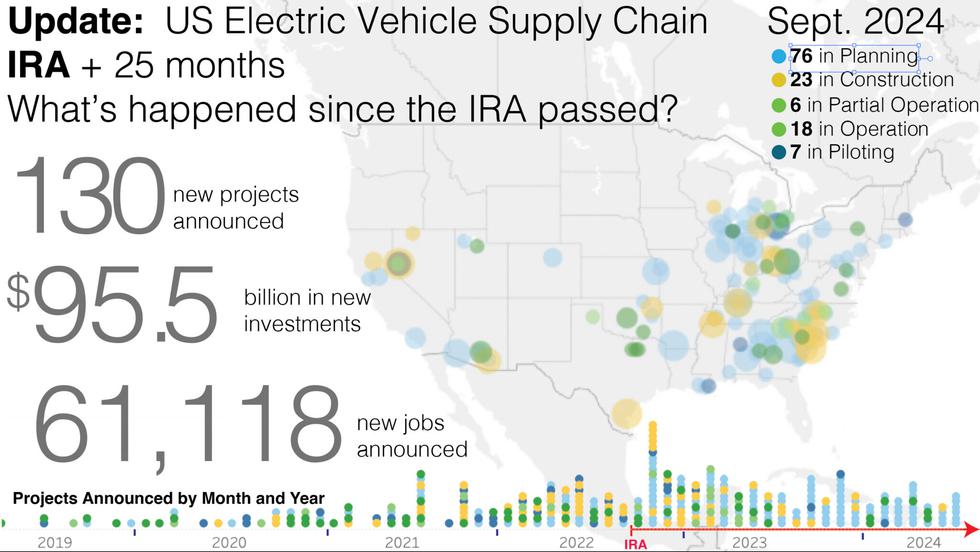
Jay Turner
William R. Kenan, Jr. Professor of Environmental Studies
Links
Researcher on the recent history of U.S. environmental politics and policy, including climate change, the clean energy transition, and public lands management.
James (Jay) Morton Turner is a historian working on topics including climate change, the clean energy transition, and environmental politics. His public-facing work has appeared in venues including Science, The New York Times, Natural History, Lapham's Quarterly, Literary Hub, and The Conversation. He is currently president of the American Society for Environmental History.

Turner's most recent book, Charged: A History of Batteries and Lessons for a Clean Energy Future, unpacks the history of batteries to explore why solving the battery problem is crucial to a clean energy transition. In 2023, Charged won the Glasscock Book Award from Texas A&M University and was a finalist for the Cundill History Prize administered by McGill University. His current research focuses on prospects for and challenges ahead for a clean energy future.

Turner's previous books include The Republican Reversal: Conservatives and the Environment from Nixon to Trump (2018), co-authored with Andrew C. Isenberg, and The Promise of Wilderness: American Environmental Politics since 1964 (2010). These books explore the landscape of U.S. environmental politics, considering changes in environmental advocacy, conservative opposition, and the role of science in policy making. In 2013, The Promise of Wilderness won the Weyerhaeuser Book Award from the Forest History Society.
Turner teaches courses on topics including climate change, energy policy, environmental politics, and environmental history. Turner received a B.S. from Washington and Lee University in 1995, an A.M. in American Civilization from Brown University in 1996, a Ph.D. in History (History of Science) from Princeton University in 2004, and a certificate in Science, Technology, and Environmental Policy from the Princeton School of Public and International Affairs. His research has been supported by a Guggenheim Fellowship and grants from the National Science Foundation, the National Endowment for the Humanities, the American Philosophical Society, and the Brachman Hoffman Fund at Wellesley College.
Education
- B.S., Washington and Lee University
- M.A., Brown University
- Ph.D., Princeton University